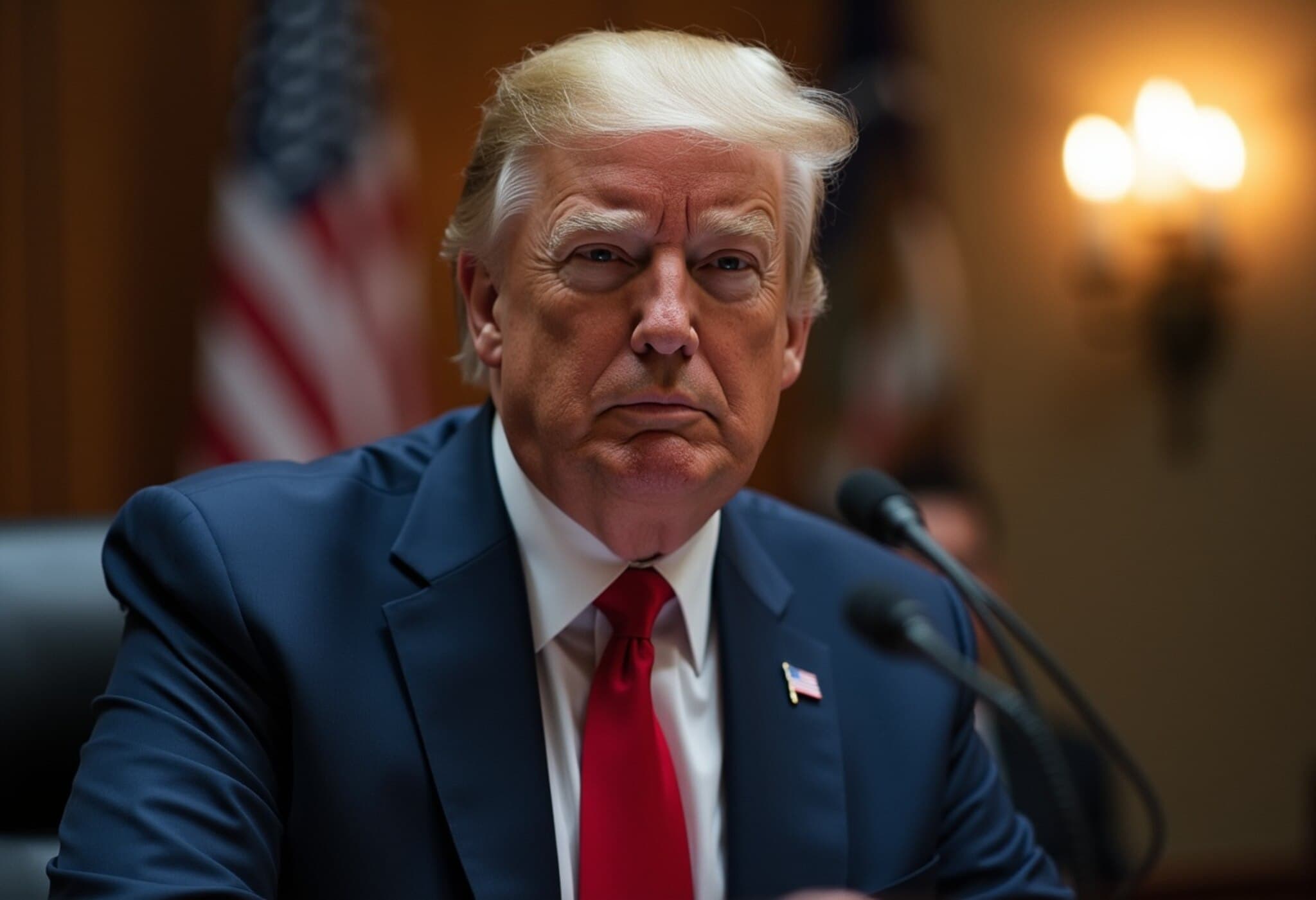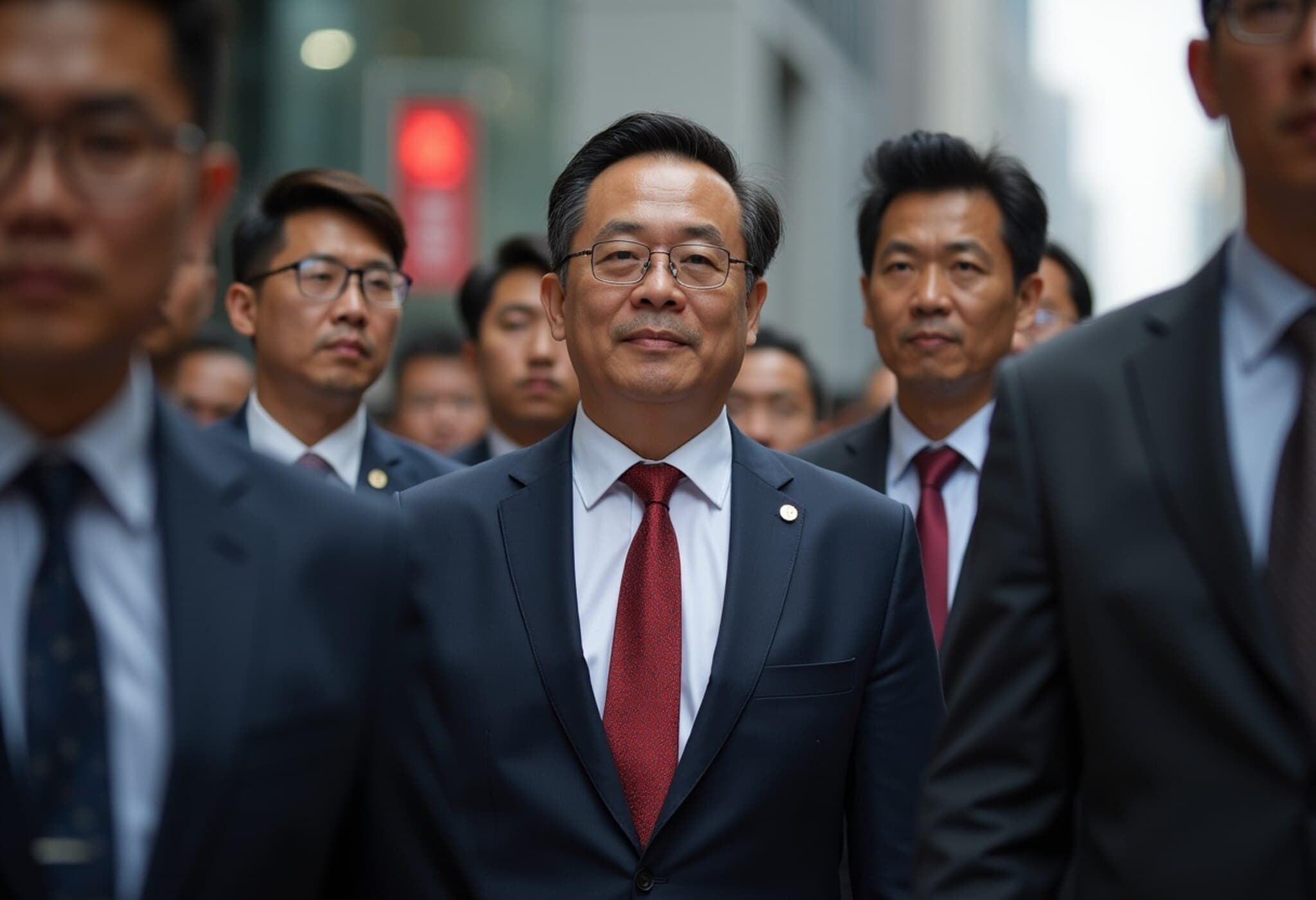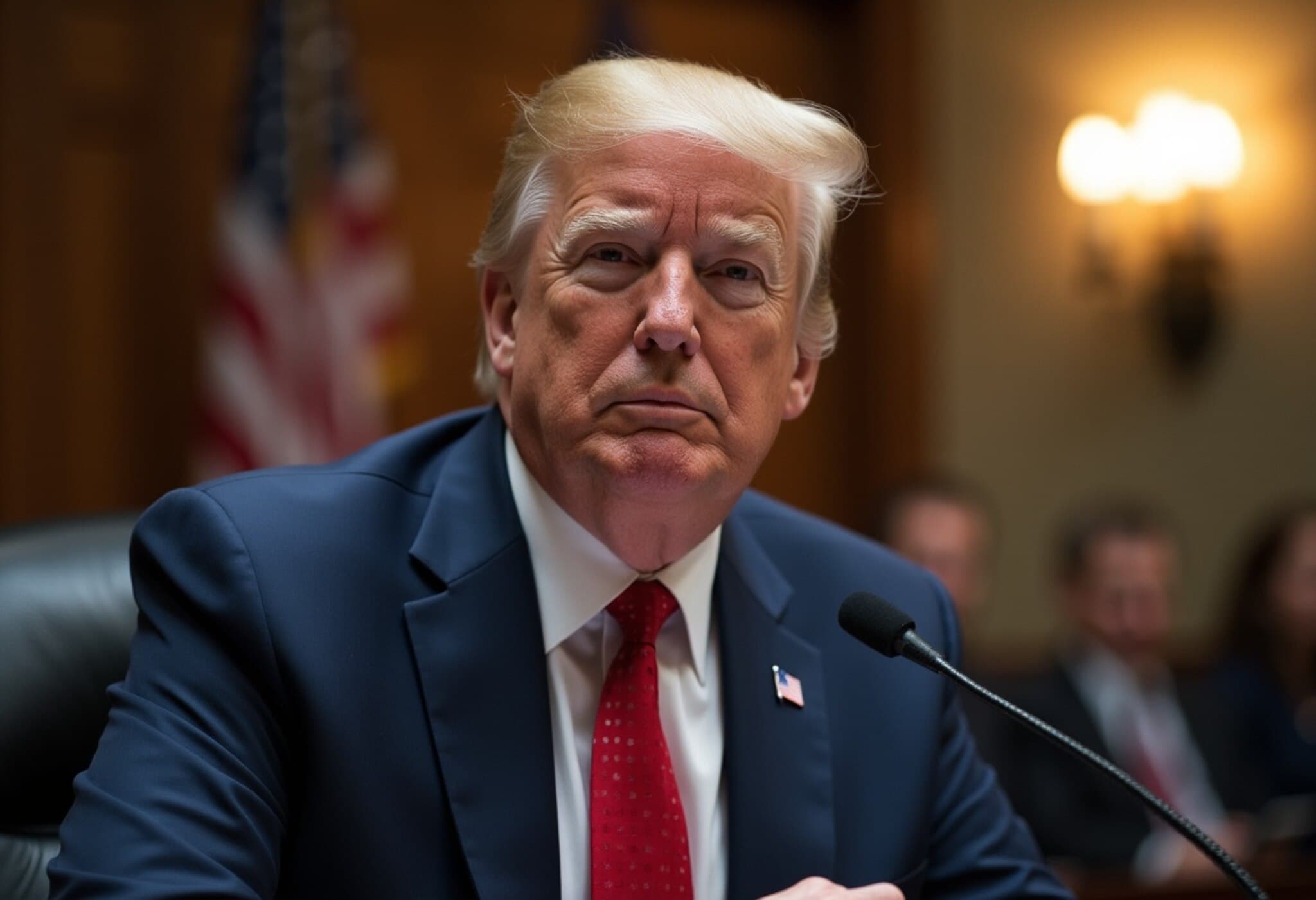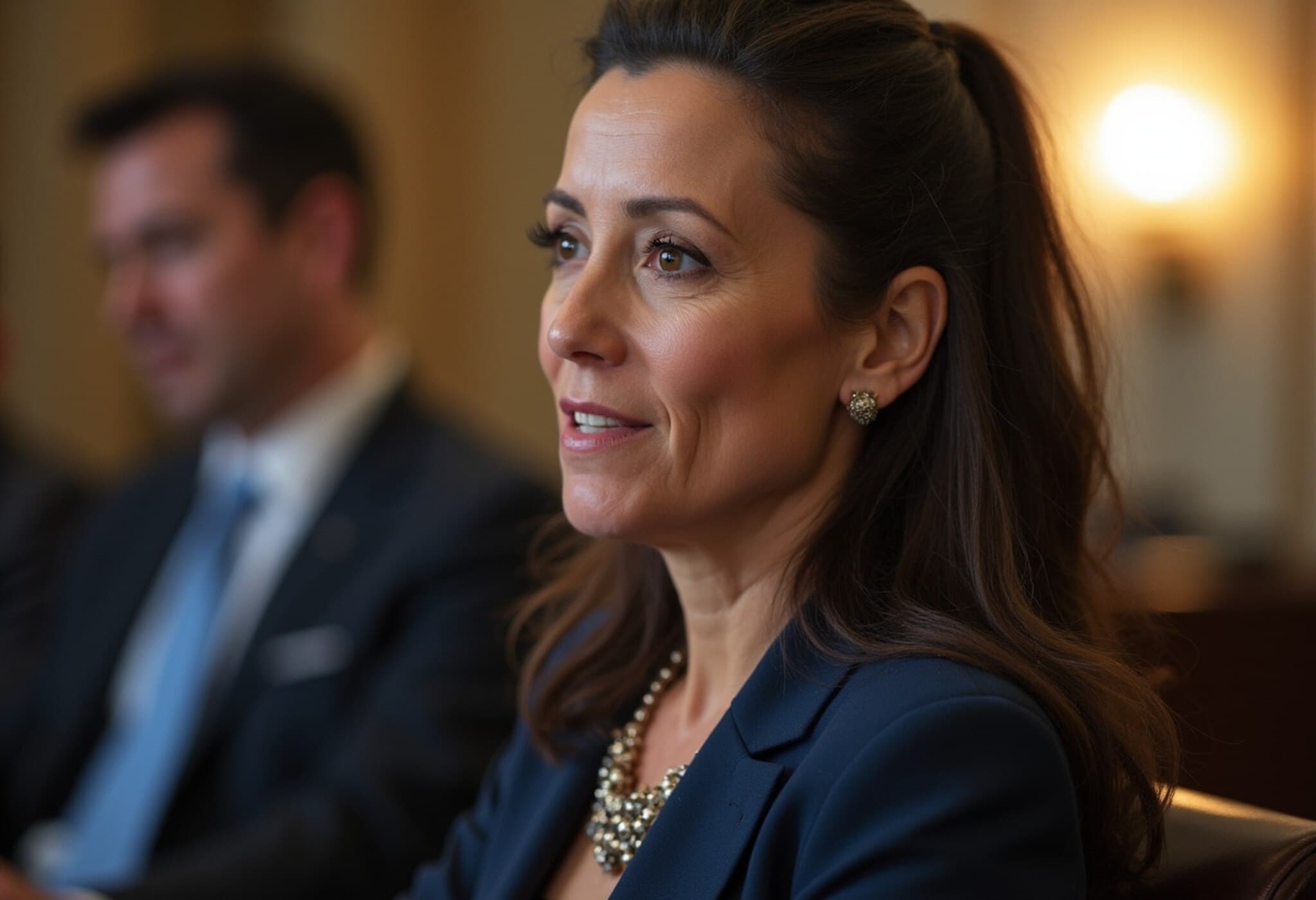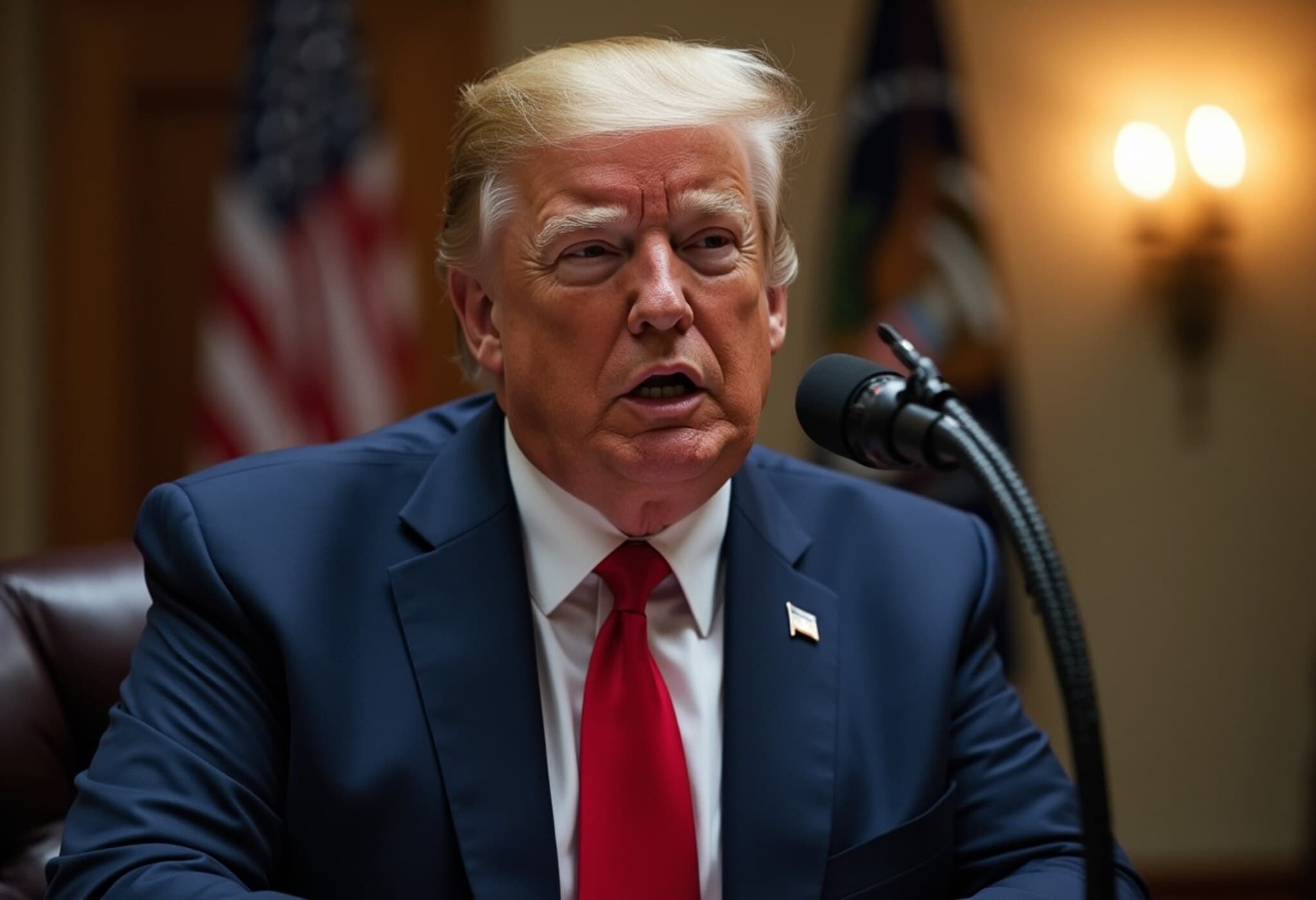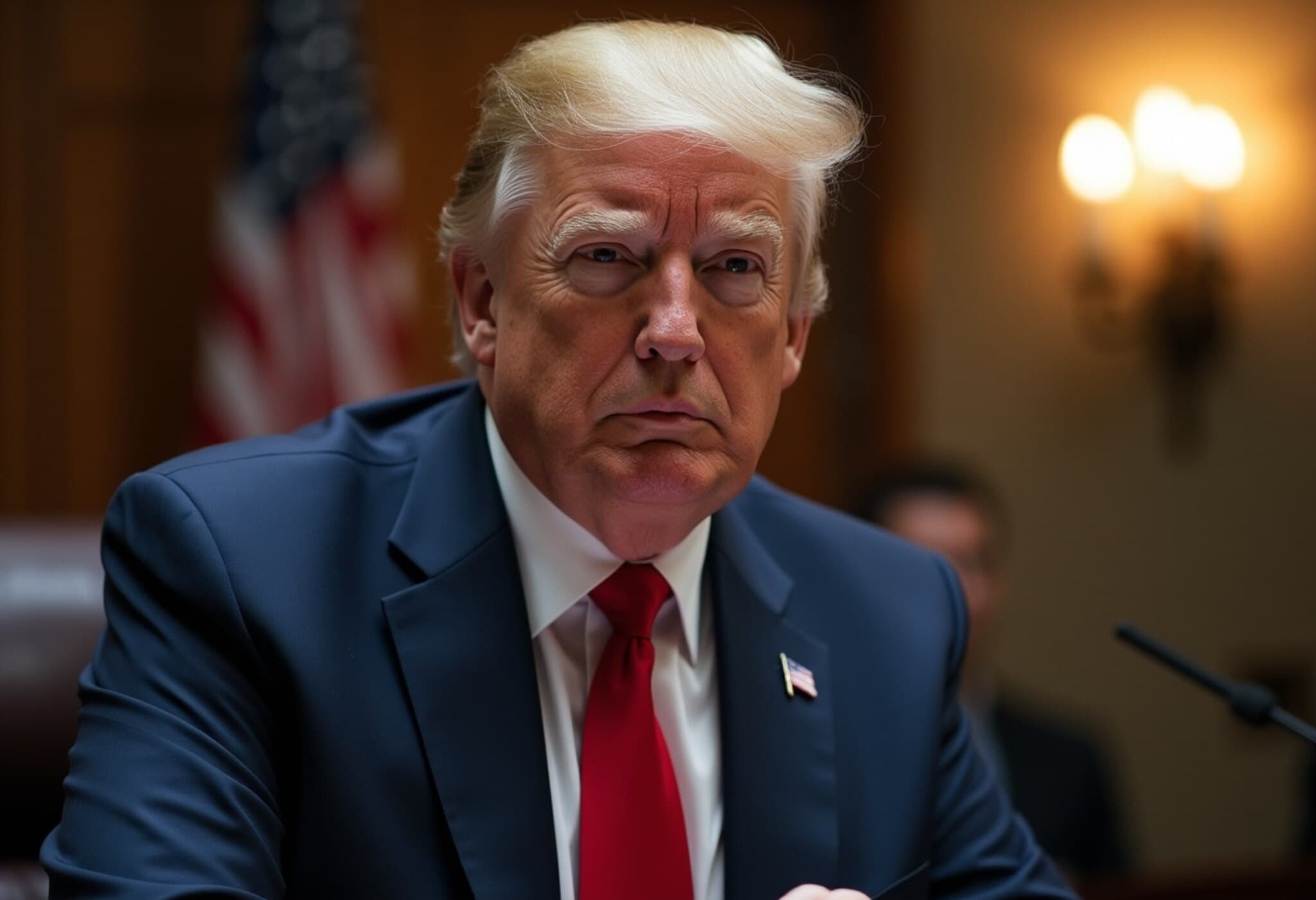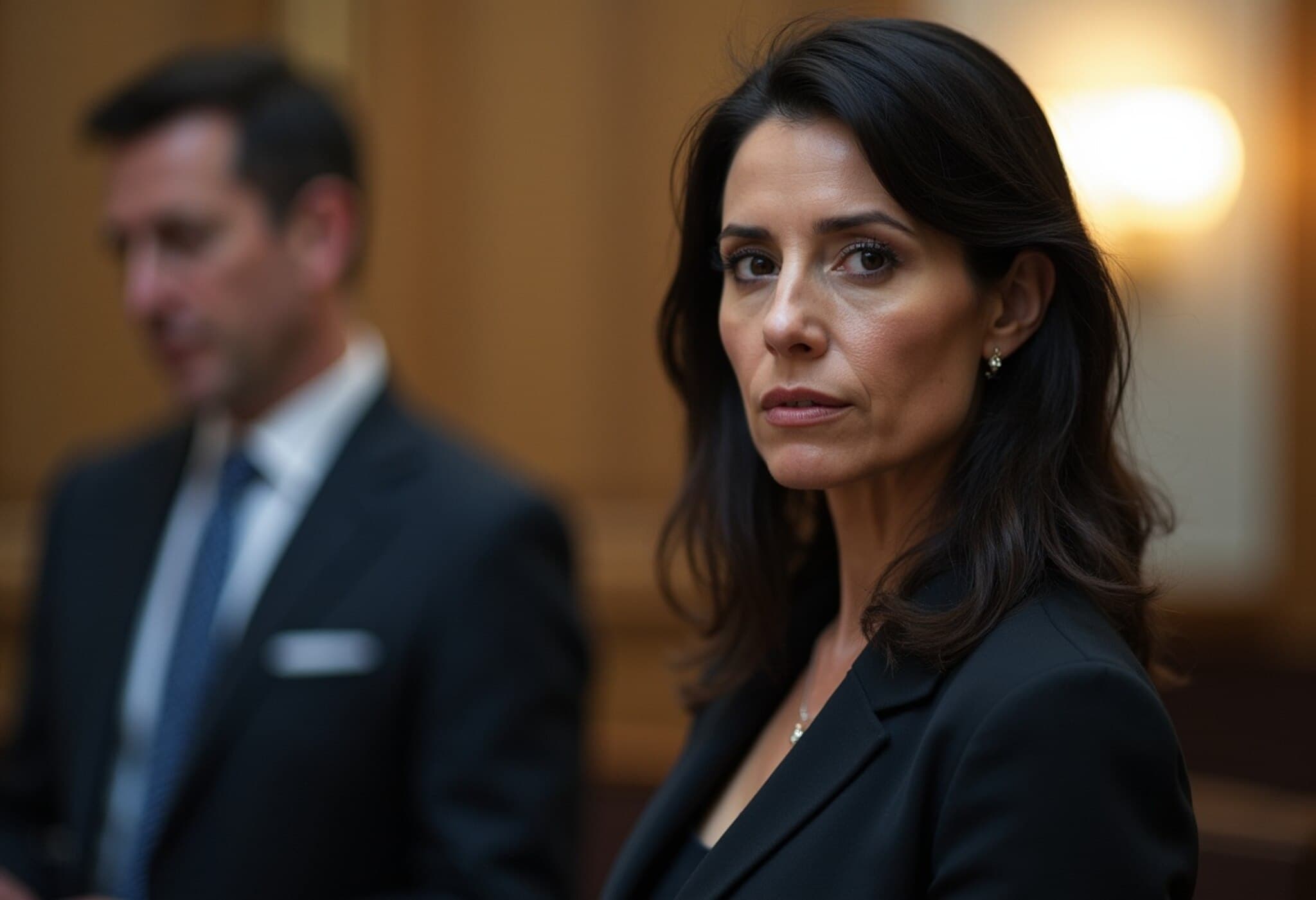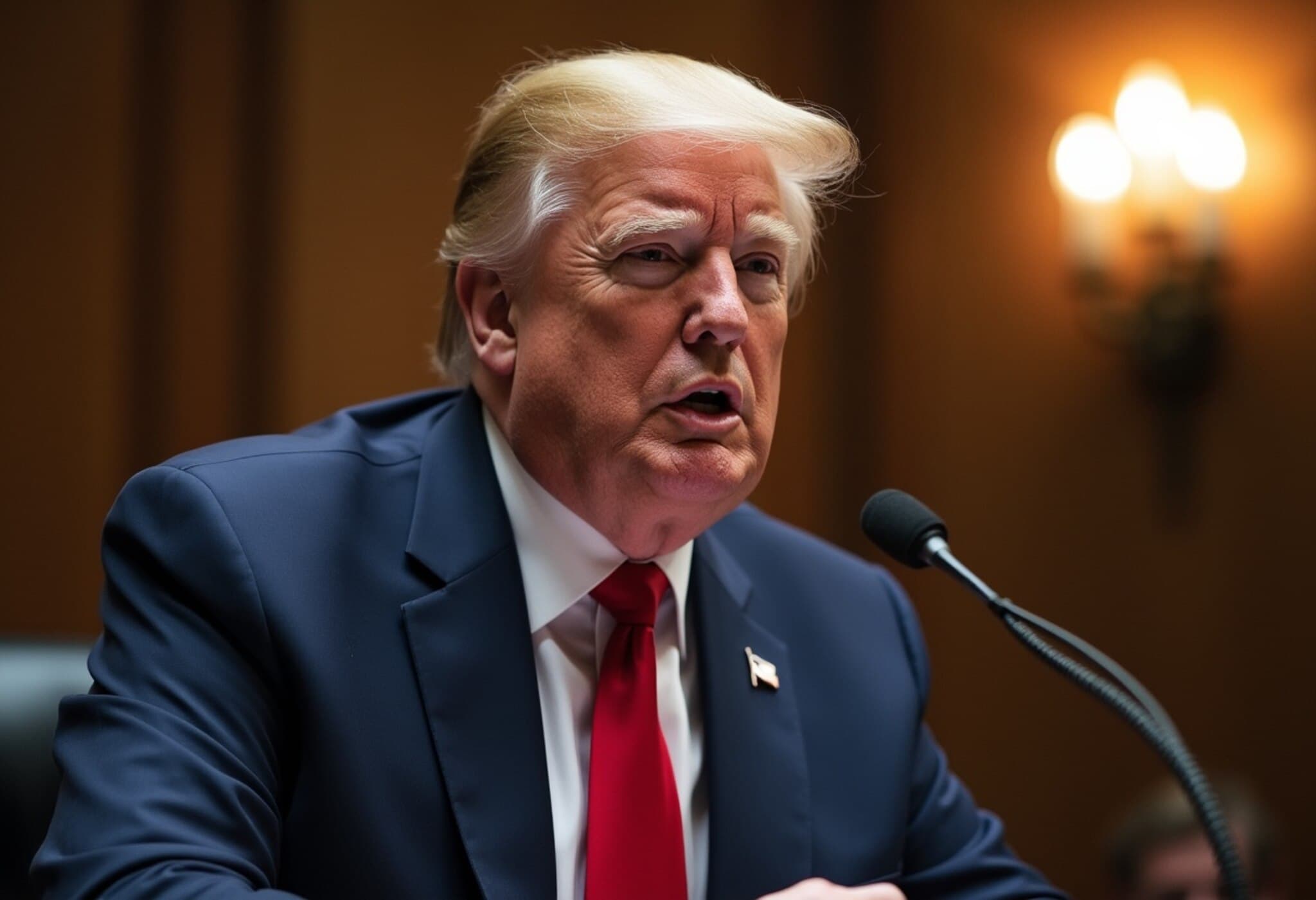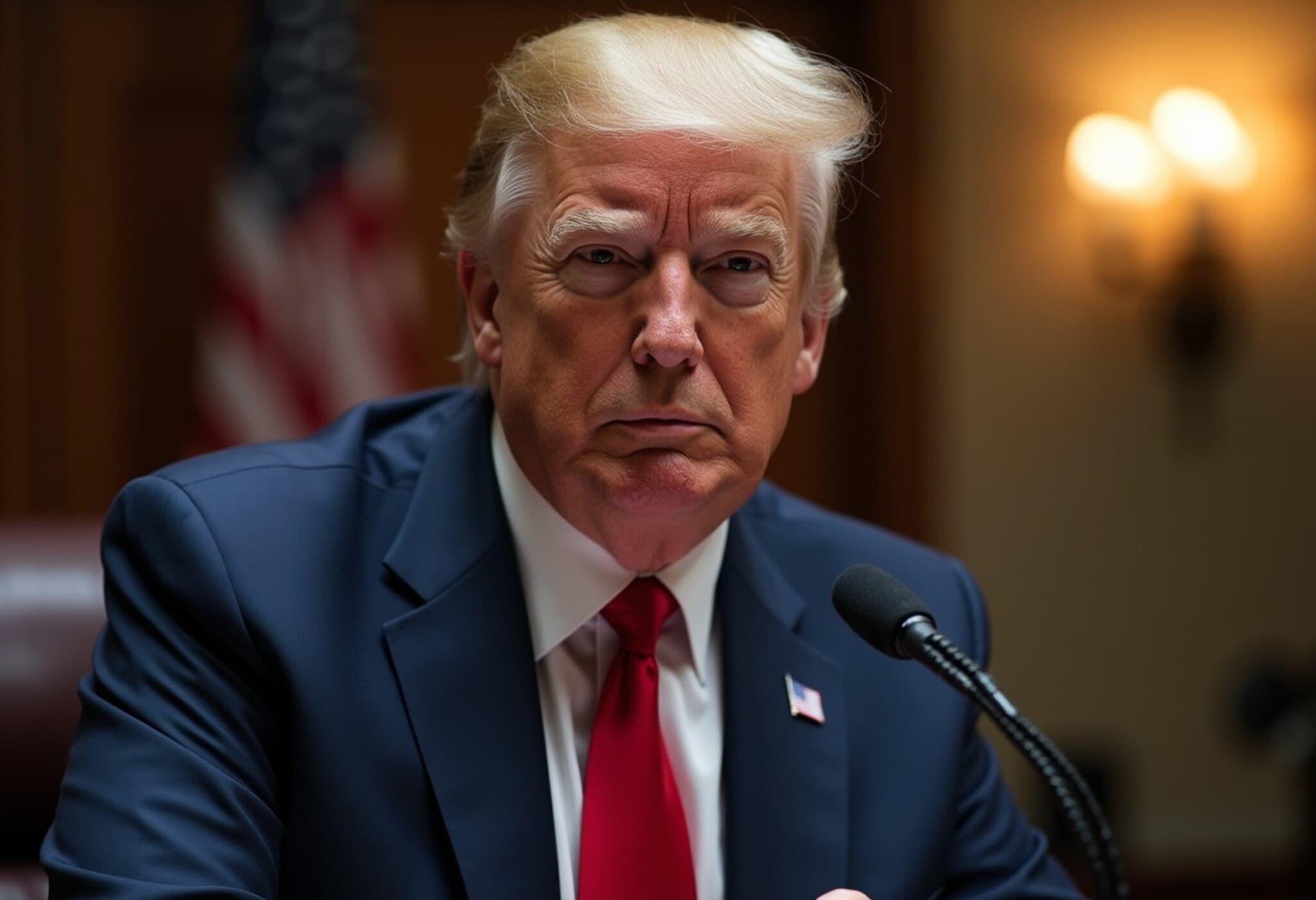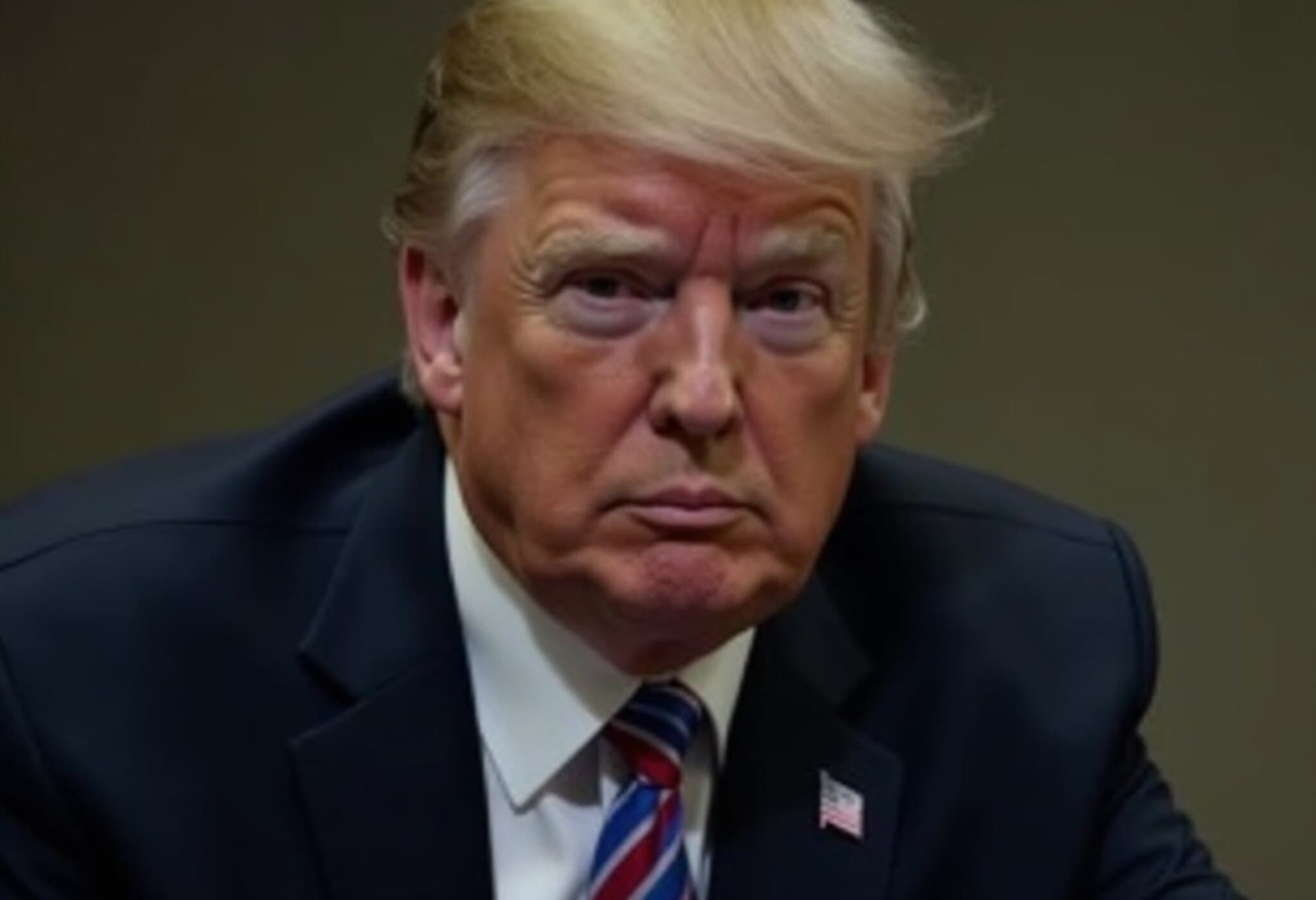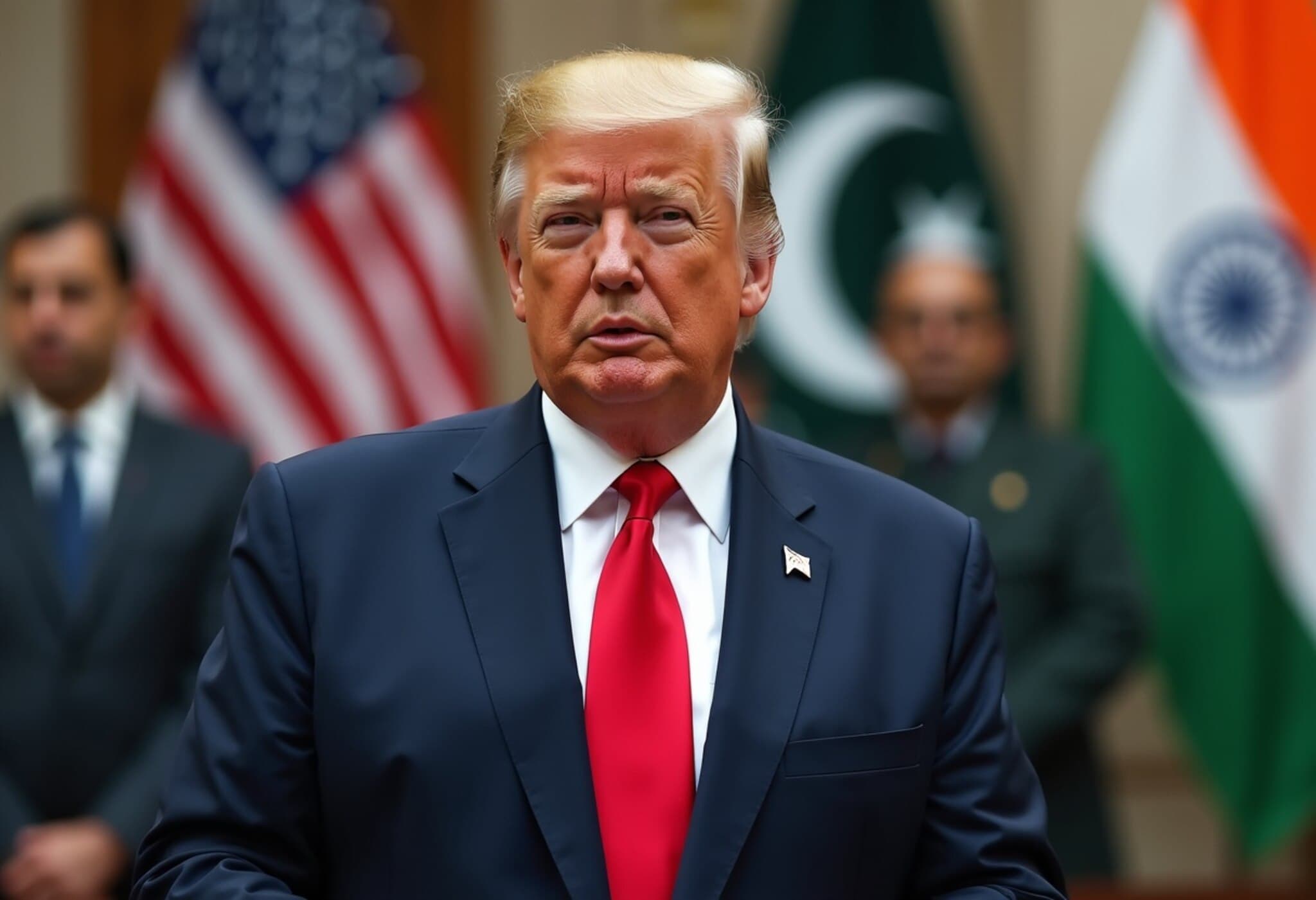US Justice Department Moves to Unseal Grand Jury Transcripts in Jeffrey Epstein Case
In a significant development related to the longstanding Jeffrey Epstein investigation, the US Department of Justice (DOJ) has formally requested a federal judge to unseal grand jury transcripts associated with the case. This move follows an order from President Donald Trump, who directed Attorney General Pam Bondi to release “any and all” testimony pertinent to Epstein’s complex and controversial criminal files.
Background: Pressure Mounts for Greater Transparency
The DOJ’s motion aims to address the public’s enduring and intense interest in the Epstein saga, particularly criticisms over the Trump administration’s previous handling of these files. Many within the president’s own MAGA base have vocally demanded the disclosure of documents related to Epstein’s death and the rumored list of alleged high-profile clients.
In its legal filing, the Department emphasized, “The public’s interest in the Epstein matter has remained. Given this longstanding and legitimate interest, the government now moves to unseal grand jury transcripts associated with Epstein.” Such transparency is viewed as crucial to restoring public trust amid decades of secrecy and speculation.
Review of Grand Jury Transcripts: Looking Beyond Epstein
According to the DOJ, the recent internal review of these transcripts sought to uncover new evidence that could justify probing further uncharged individuals potentially implicated in the case. This highlights the investigation’s evolving scope, pushing beyond Epstein himself to explore possible networks and accomplices.
The Trump Factor: Political Overtones and Media Battles
President Trump’s directive to unseal testimony came on the heels of an explosive article published by The Wall Street Journal, which spotlighted a 2003 note Trump allegedly sent to Epstein. The letter, reportedly part of Epstein’s 50th birthday celebration papers, featured suggestive content and alluded to a “shared secret” between Trump and Epstein. The president vehemently challenged the report’s accuracy, threatening legal action against the newspaper and media mogul Rupert Murdoch.
In response, Trump filed a defamation lawsuit in Miami federal court against both Murdoch and The Wall Street Journal, seeking to counter damage to his political reputation just as the Epstein revelations reignite scrutiny.
When Will the Transcripts Be Made Public?
Despite formal steps toward disclosure, the timeline for public release remains uncertain. Federal law protects the identities of victims and uncharged witnesses, necessitating careful consultation before making transcripts accessible. This process, involving privacy safeguards and legal reviews, could take weeks or stretch over several months.
Moreover, experts point out that the grand jury transcripts represent only a fraction of the vast trove of Epstein-related documents currently held by the DOJ. The release of transcripts, while important, is just one part of a broader push to shine light on Epstein’s dark and complicated criminal network.
Expert Perspective: A Test of Justice and Public Accountability
The DOJ’s move to unseal grand jury testimony will be a critical moment for the American justice system’s commitment to transparency and victim protection. As public trust in institutions wavers amid political polarization and misinformation, the careful balance between openness and privacy rights becomes ever more consequential.
Legal analysts suggest that the case also poses important questions for policymakers about how to handle high-profile investigations tangled with political influence. The Epstein files have long symbolized the challenges of prosecuting powerful figures and protecting vulnerable victims simultaneously.
Looking Ahead: What This Means for Epstein’s Legacy and Beyond
- Transparency vs. Privacy: Authorities must navigate releasing information without compromising the identities and dignity of survivors.
- Political Ramifications: The Epstein case continues to intersect with political narratives, showcasing how criminal investigations can become politicized.
- Broader Implications: Ongoing revelations could prompt legislative or procedural reforms in how sensitive grand jury materials are handled.
As the nation waits for further disclosures, the Epstein case remains emblematic of persistent struggles with justice, power, and accountability in America.
Editor’s Note
The DOJ’s request to unseal Jeffrey Epstein’s grand jury transcripts marks a pivotal moment in a saga that has captivated and disturbed the public for years. While transparency is a necessary step forward, the process underscores deep tensions between exposing the truth and protecting vulnerable individuals’ rights. Going forward, it remains to be seen whether this move will satisfy those demanding accountability or merely open new chapters in a complex legal and political drama. Readers should watch closely how the justice system balances these competing interests in the months ahead.

